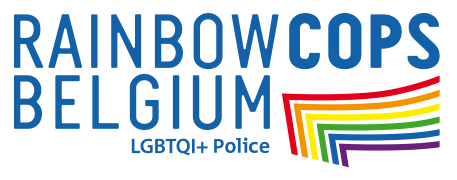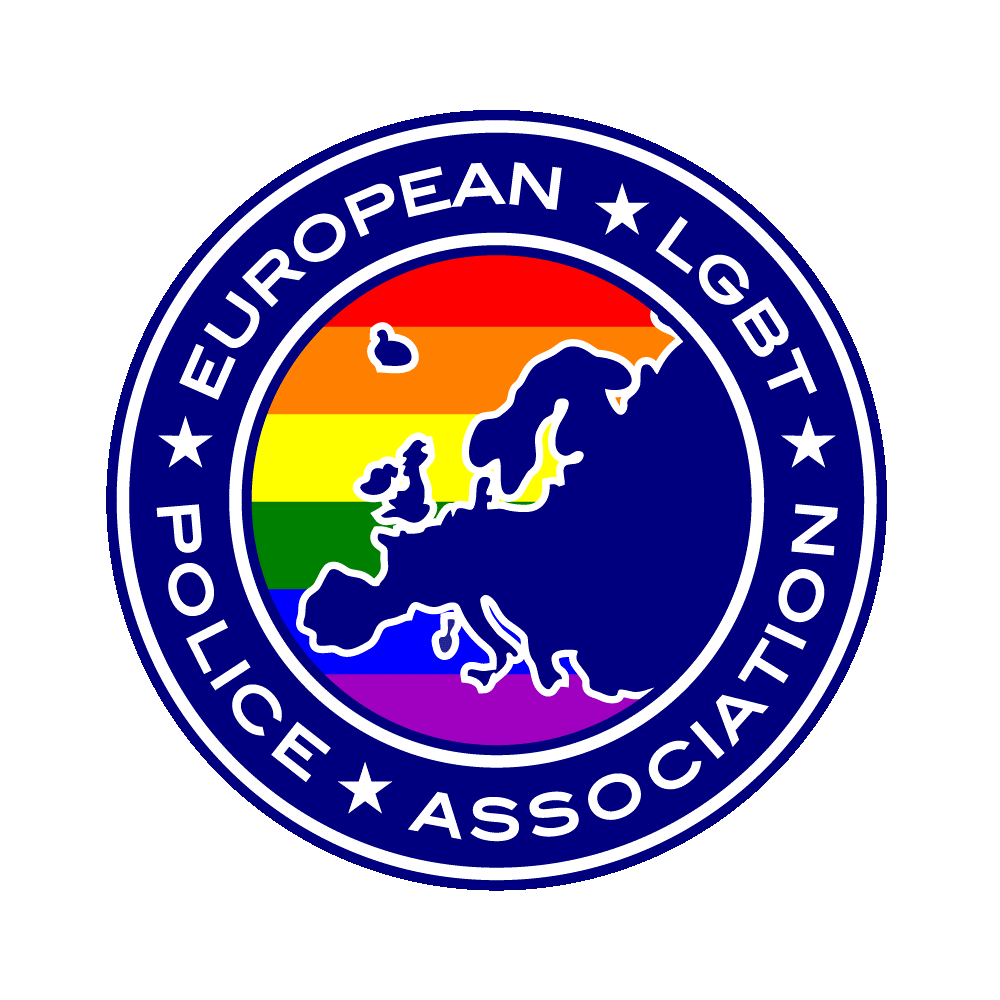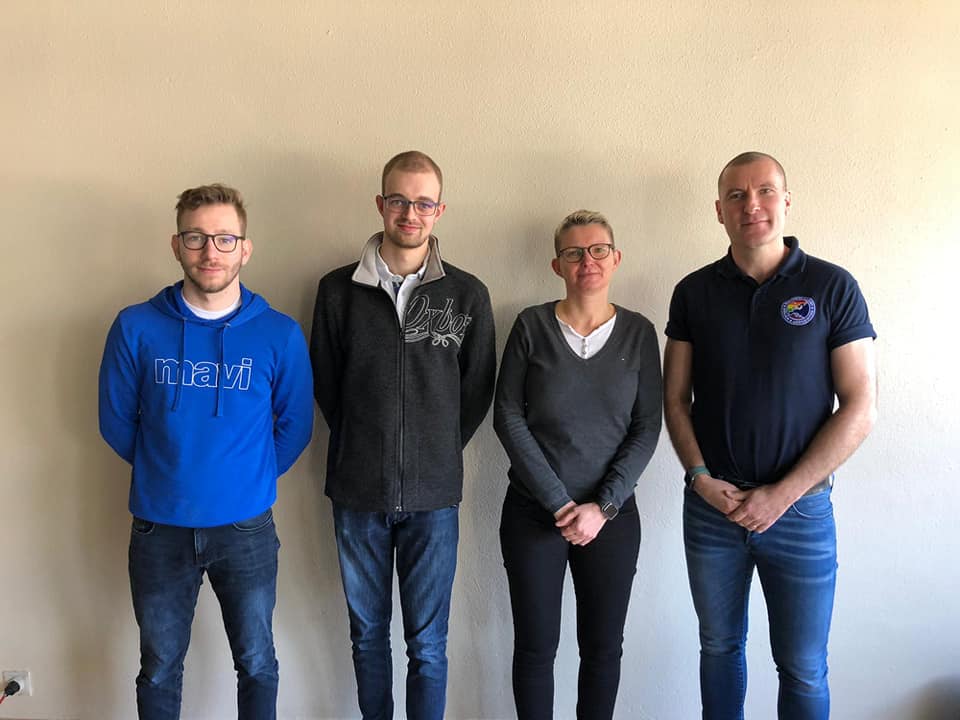Hate Crime
Hate crime can be defined as:
“Criminal acts motivated by bias or prejudice towards particular groups of people. To be considered a hate crime, the offence must meet two criteria: First, the act must constitute an offence under criminal law; second, the act must have been motivated by bias”.
OSCE Office for Democratic Institutions and Human Rights (ODIHR)
One of VSE’s action priorities since 2018 is hate crimes. In our approach we combine (1) information campaigns on certain strategic thematic priorities like hate crimes and (2) promotion of knowledge.
Our role is to harness the knowledge and capacity that exists in victim support community and to make sure it’s amplified. Our aim is to have this unique overview of everything that’s going on in the field of hate crime, and to connect those with expertise and resources, whether they’re victim support organisations or from other parts of society, to increase the overall ability of victims’ rights activists to bring about change for their communities.
Campaigns and Activities Related to Hate Crimes
2019 Campaign: #CrimeIsCrimeEvenOnline

In 2019, Victim Support Europe (VSE) has conducted ‘Crime Is Crime. Even Online‘ awareness-raising campaign-in-collaboration to inform netizens of their rights when subjects of online hate, and available support services in the case of victimisation.
By using the tagline “Crime is Crime. Even Online”, the campaign relied heavily on expert videos to convey its main theme, emphasising a focus on the rights of victims’ of online hate speech. The objectives of the campaign were twofold: (1) raise awareness of victims’ rights and support services for (potential -) victims of online hate speech through an online campaign; (2) capacity building of victim support professionals concerning the rights of victims online, and their specific support, prevention and protection needs. This was achieved through training workshops conducted by VSE for its member organisations.
Over 50 partners from various sectors contributed to the campaign: social media platforms and business sector (Youtube, Google, Twitter, Facebook); law enforcement (Europol, Belgian Federal Police, Antwerp Diversity Police Unit, LGTBIpol-Spain, Osborne Clarck, In Iutitia, Unia); civil society organisations and projects (Ilga Europe, Inclusion Europe, Action Against Stalking, Hate Lab, International Network for Hate Studies, Lambda Warszawa, ISES, Words Are Stones, CEJI – A Jewish Contribution to an Inclusive Europe, Facing Facts, Call It Hate); victim support organisations (APAV-Victim Support Portugal, Victim Support Malta, Victim Support Finland, France Victimes-Victim Support France, Victim Support Scotland, Victim Support Sweden, Weisser Ring-Victim Support Germany, Victim Support Austria); art sector (EU-based poets); victims of online hate incidents.
Campaign content
Each of the 10 weeks of the campaign covered a specific aspect of online hate speech. Content-wise, VSE has adopted a drop-down approach: the campaign started by explaining the legal context and relative European legislation regarding online hate speech, then moving onto measures of protection, next – showcasing what is being done by social media platforms, and finishing with the realities on the frontline and victims’ testimonies.
Campaign Methodology
Through a series of videos displaying expert interviews on the different facets of online hate: (1) the laws, (2) prevention practices, (3) social media responses to online hate, (4) reporting mechanisms and (5) available victim support services), VSE and the partners raised awareness of the general public about victims’ rights online. These videos were recycled for the purpose of a capacity building workshop on the same thematic, aimed at victim support professionals.
Action Day – for the European Day For Victims of Hate Crime – 22 July

In 2018, Victim Support Europe ran an Action Day in recognition of the European Day For Victims of Hate Crime with the overall aim – to raise awareness of the rights of victims’ of hate crimes and give voice to the survivors.
Below, you will find some of the victims’ testimonies features in the Action Day:
1. Yasmine has spoken out about being a victim of a hate crime after she was assaulted in her hometown of Brussels.
WATCH THE VIDEO
2. Robby Simenon has spoken out about being the victim of a hate crime after he was assaulted in his hometown Bilzen (Belgium).
WATCH THE VIDEO
3. Anna has spoken out about being the victim of online hate speech in 2018.
WATCH THE VIDEO
Rainbow Cops Belgium – LGBT police

Rainbow Cops help victims of discrimination based on sexual orientation or gender identity in Belgium come forward, without judgment. Find out more about them here:
- Rainbow Cops Belgium – flyer
- Promotional material (French)
- Promotional poster (French)
- Promotional poster (French)


EStAR: Enhancing Stakeholder Awareness and Resources for Hate Crime Victim Support
Hate crime victim support is an essential and often overlooked component of a comprehensive hate crime response. ODIHR’s EStAR project is meant to equip state and non-state actors with the necessary tools and resources to ensure that hate crime victims are protected, enjoy full access to justice and receive tailored specialist support. The project has also created a network of experts, developing a framework for sharing international standards and good practices while ensuring that the resources reach those who need them. Victim Support Europe is proud to be part of EStAR’s expert network, and we are looking forward to a mutually beneficial cooperation.
Resources on Hate Crime and Hate Speech

Relevant links:
- LGBT Survey from Fundamental Rights Agency of the European Union(results launched May 2013) – access the data on violence and harassment
- Latest OSCE/ODIHR reports on hate crime
- Legislationline.org by OSCE
- Factsheet on hate crime in the European Union
- Hate Crime page on the FRA’s website
- Hate Crime & Personal Injury Guide – contains a lot of good background information, however note that it is US based
- Hate Crime Report Card from Human Rights First – a unique online tool that examines hate crime laws in the 56 States that comprise the Organization for Security and Cooperation in Europe (OSCE).
- Facing Facts by CEJI – A Jewish Contribution to an Inclusive Europe
- OSCE/ODIHR tools to help participating States counter hate crimes
- The International Network for Hate Studies
- V-Start Project aiming at improving the system of support services for victims of hate crimes
